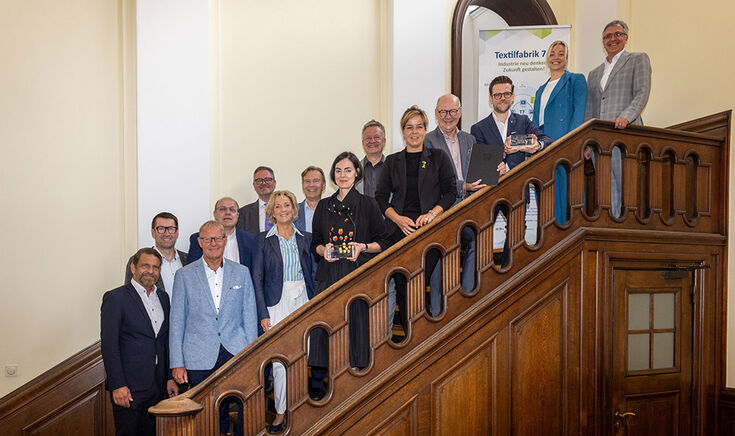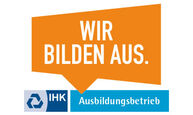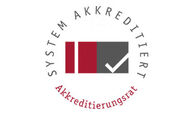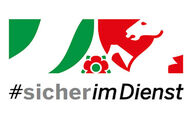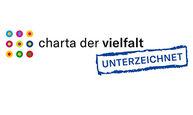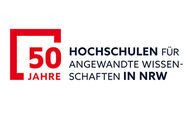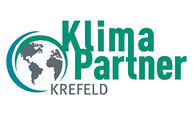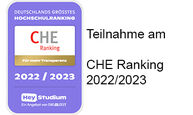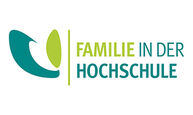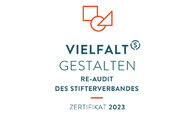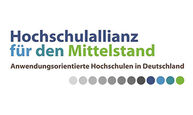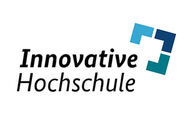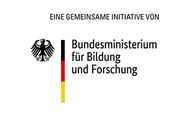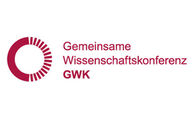The textile and clothing industry in the Rhineland region is experiencing a significant innovation boost: The Hochschule Niederrhein (HSNR)'s future-oriented project "Textile Factory 7.0", together with other strong industry players, is now getting underway. On 15 July, Mona Neubaur, Minister for Economic Affairs, Industry, Climate Protection and Energy and Deputy Prime Minister of the state of North Rhine-Westphalia (NRW), presented the funding decision for the ambitious project, which will implement the digital and sustainable industrial production of tomorrow in a model way, generate new jobs in the Rhineland region and be competitive in a global context.
Mona Neubaur, Minister of Economic Affairs and Deputy Minister-President: "Textile Factory 7.0 is a real moment of awakening for the Rhenish mining area - and a strong signal for future-proof jobs, sustainable production and regional innovative strength. Here, business, science and local authorities are working together to show how transformation works in practice: with high-tech, the circular economy and educational programmes that keep young people in the region. This is structural change you can touch - innovative, climate-friendly and, above all, done together."
HSNR is receiving a total of 25 million euros in funding from the Ministry of Economic Affairs, Industry, Climate Protection and Energy of the State of North Rhine-Westphalia and the Federal Ministry for Economic Affairs and Energy. The HSNR was supported in the application phase by the Zukunftsagentur Rheinisches Revier.
The textile and clothing industry has to cope with a comprehensive transformation: Production and business processes are becoming digital, robotics must be introduced and the transformation of the textile industry into a sustainable circular economy is essential. The resilience of supply chains, a shortage of skilled labour and a secure energy supply are further major challenges. "In Textile Factory 7.0, leading players from research, industry and local authorities have joined forces to initially establish a technology centre in which precisely these challenges can be addressed for and together with companies and hopefully brought closer to a solution," says Prof. Dr.-Ing. habil. Maike Rabe, Professor of Textile Finishing and Ecology, Head of the Textile and Clothing Research Institute at The Hochschule Niederrhein and also project manager. In addition to the HSNR, the RWTH Aachen with the ITA (Institute for Textile Technology), the WFMG - Wirtschaftsförderung Mönchengladbach GmbH as well as the Association of the Rhineland Textile and Clothing Industry, the Textile Academy NRW and the Association of the Northwest German Textile and Clothing Industry are also involved in the major project and will personally attend the presentation of the certificate with their own representatives. The Mayor of Mönchengladbach, Felix Heinrichs, will also be present.
A technology centre has just been approved: "On 1 October, we will start building the technology centre in the Monforts Quartier in Mönchengladbach, where representative machines and systems for the development of on-demand production, microfactories, smart textiles and biological and textile technology laboratories for the extraction of sustainable raw materials will be available for the joint transfer work of practitioners and scientists," says Maike Rabe. However, the overall Textile Factory 7.0 (T7) project goes beyond the technology centre, as the application-oriented research and development is intended to stimulate the transformation process of the textile industry in such a way that industrial production is established in a zero-emission park (T7 Park) in the Rhineland region. The aim is also to strengthen the companies that are already established.
"In this way, we as a university will make a key contribution to structural change in the region so that the textile industry remains a significant location factor and magnet of international importance in the future," emphasise University President Dr Thomas Grünwald and Vice President for Research and Innovation Prof Dr Kathleen Diener.
Lord Mayor Felix Heinrichs emphasises: "Textile Factory 7.0 is one of the most important structural change projects for the entire region. Now it's finally getting underway! In cooperation with universities, industry and the city, we are creating sustainable employment in Mönchengladbach in such an impressive environment as the Monforts Quartier."
Another special feature of the project is the planned advanced course of the project from an economic point of view and without further state funding. The aforementioned project partners have already founded a joint company - "T7 Management GmbH" - to take over the project structures and content after the funding period. The project should therefore be sustainable in every respect.
"To be clear: this is a joint project between business and science with the aim of transforming technology," says Maike Rabe. The textile and clothing companies can utilise know-how and technology for themselves and at the same time provide impetus for the factory. "In this way, we bring together expert knowledge from science and practical application."
For Textile Factory 7.0, the Faculty of Textile and Clothing Technology is also working with experts from across the university, for example when it comes to expertise in energy management, mechanical engineering, robotics or biotechnology, says Maike Rabe. "Our students will also benefit from exciting research projects and maker spaces where they can realise their own ideas."


